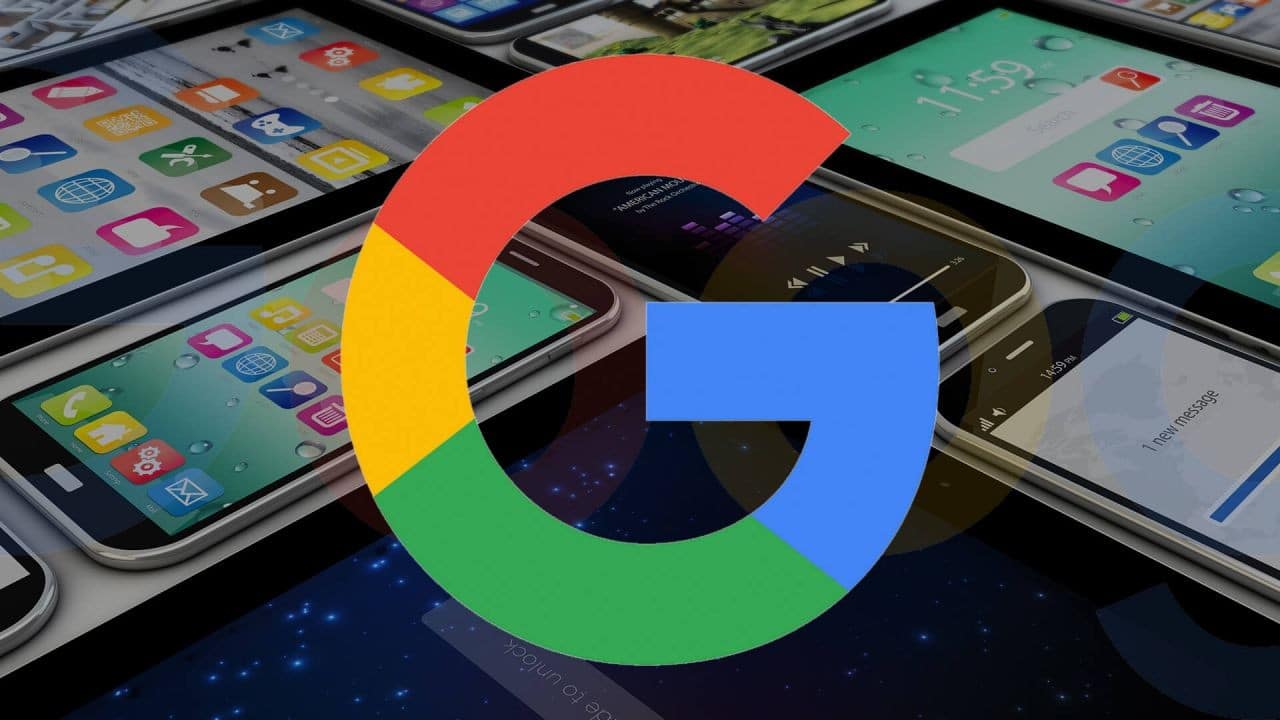In our last blog we discussed responsive web design and why that’s important for companies that want to have their websites continue to have good search ranking in today’s internet climate. This is because Google is changing its algorithm from desktop-first indexing to mobile-first indexing in 2017 and beyond.
What is mobile-first indexing?
The first question really should be: What is indexing? Indexing is what Google does when it uses bots to discover or crawl a website. Google examines the website and stores certain information about it in its indexes. Google has an algorithm that it uses to pull that information up when users search certain terms. The algorithm prioritizes this information by how current, how comprehensive, and how useful Google deems it to be. This is decided by an algorithm that Google has created and modifies all the time in order to remain up-to-date and – more controversially – to direct traffic to sites it deems more in line with Google’s goals. The latter action is designed to the influence the content of the internet and make it “better” according to Google’s own standards by rewarding with better traffic sites that are designed and updated to be what Google wants.
So indexing is gathering and cataloging information which can then be called up on demand by Google’s algorithm. “Mobile-first” indexing, then, is gathering this information from mobile sites as opposed to how Google has gathered it in the past – from sites designed to be viewed by desktop.
How will this affect businesses, their search rankings, and the traffic they get from Google searches?
It depends on how businesses’ websites are designed. If they are designed to be web responsive, that is, coded to display differently based on what kind of device the customer is using to access it, then Google’s shift to mobile-first indexing will not affect search results negatively. If, however, the sites are designed for desktop or the company has different sites with different content for desktop and mobile, the new indexing may result in important information not getting indexed. This would mean that information the company made available to its customers would not show up in searches. It would be effectively hidden from users, even though it’s still included on the websites. In order to find it, users would have to manually search that website or click through link after link and page after page.
For businesses that have created content over the years in order to comply with Google’s recommendations and get higher search rankings, this would be disastrous. In effect, it would undo most or all of that work. This is why these businesses need to make sure that they have one website that can be viewed on any device rather than a desktop and a mobile website or some such combination. They stand to lose traffic and sales as Google modifies its method of indexing over time.
If your business has a mobile and a desktop website or you are not certain how – or even if – your customers are accessing your website via mobile, call Corporate Conversions today. We can do a website audit that will help you see the areas of your website that could be improved in order to generate more traffic and better sales over time.


